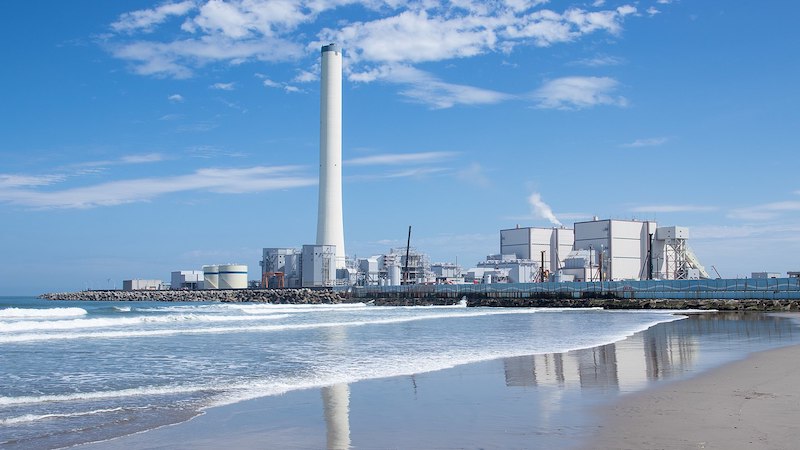Canada and the UK pushed for the inclusion of a 2030 deadline to end domestic coal-fired electricity. But their plan failed following strong opposition.
The G7 group of big, wealthy countries has failed to agree a date by which they will stop making electricity with coal.
At the G7 environment ministers meeting in the Japanese city of Sapporo, the United Kingdom and Canada wanted to “set a 2030 date for completing the goal of an accelerated phase out of domestic unabated coal power generation”.
France accepted this but they were opposed by Japan, the United States and the European Union, according to an annotated draft seen by Climate Home.
In the final 36-page communique, environment ministers said they would prioritise “concrete and timely steps towards the goal of accelerating the phase-out of domestic unabated coal power generation”. But they stopped short of setting a specific deadline.
At the end of the summit, Canada’s environment minister Steven Guilbeault said that “phasing out coal-fired electricity generation by 2030 has never been more urgent”.
#G7Sapporo pic.twitter.com/QrpumP3Yff
— Steven Guilbeault (@s_guilbeault) April 16, 2023
E3G analyst Alden Meyer criticised the hold-outs. He said: “Everytime they [G7 countries] allow carveouts, they give other countries excuses to say, ‘Well you talk a big game, but you’re not delivering at home’”.
Brussels & Washington divided
Luca Bergamaschi, co-founder of the think-tank Ecco, told Climate Home News internal politics in the US and the EU make it difficult to accept a 2030 deadline at G7 level.
“For the EU such [a] deadline is not yet mature enough given the ongoing discussions with Eastern European countries,” he added.
The European Union has to agree on its stance internally. EU member state Poland currently plans to phase out coal by 2049.
China and Brazil to cooperate in stopping illegal trade fueling deforestation
But Bergamaschi welcomed the inclusion in the communique of a reference to phasing-out domestic coal power in line “with keeping a limit of 1.5°C temperature rise within reach”.
He said G7 countries would need to respect a 2030 deadline to hit this target, even if it is not stated explicitly.
Meyer said that a 2030 coal-phase out date would be used by Republicans to attack Democratic politicians running for relection to Congress next year. “I imagine that could have been a factor in the US decision not to support such a goal,” he said.
He added: “For the US, while it is quite possible that we could see all coal generation phased out by 2030, there is nothing in current federal law requiring such an outcome; the Inflation Reduction Act uses carrots, not sticks, to accelerate the clean energy transition.”
Japan reluctant
Japan, the G7 presidency holder, relies on coal for almost a third of its electricity generation.
The country had previously signalled its intention to only phase-out “inefficient coal-fired power plants towards 2030”, but it has not set a specific timeline.
Kimiko Hirata, executive director of the
Read More

